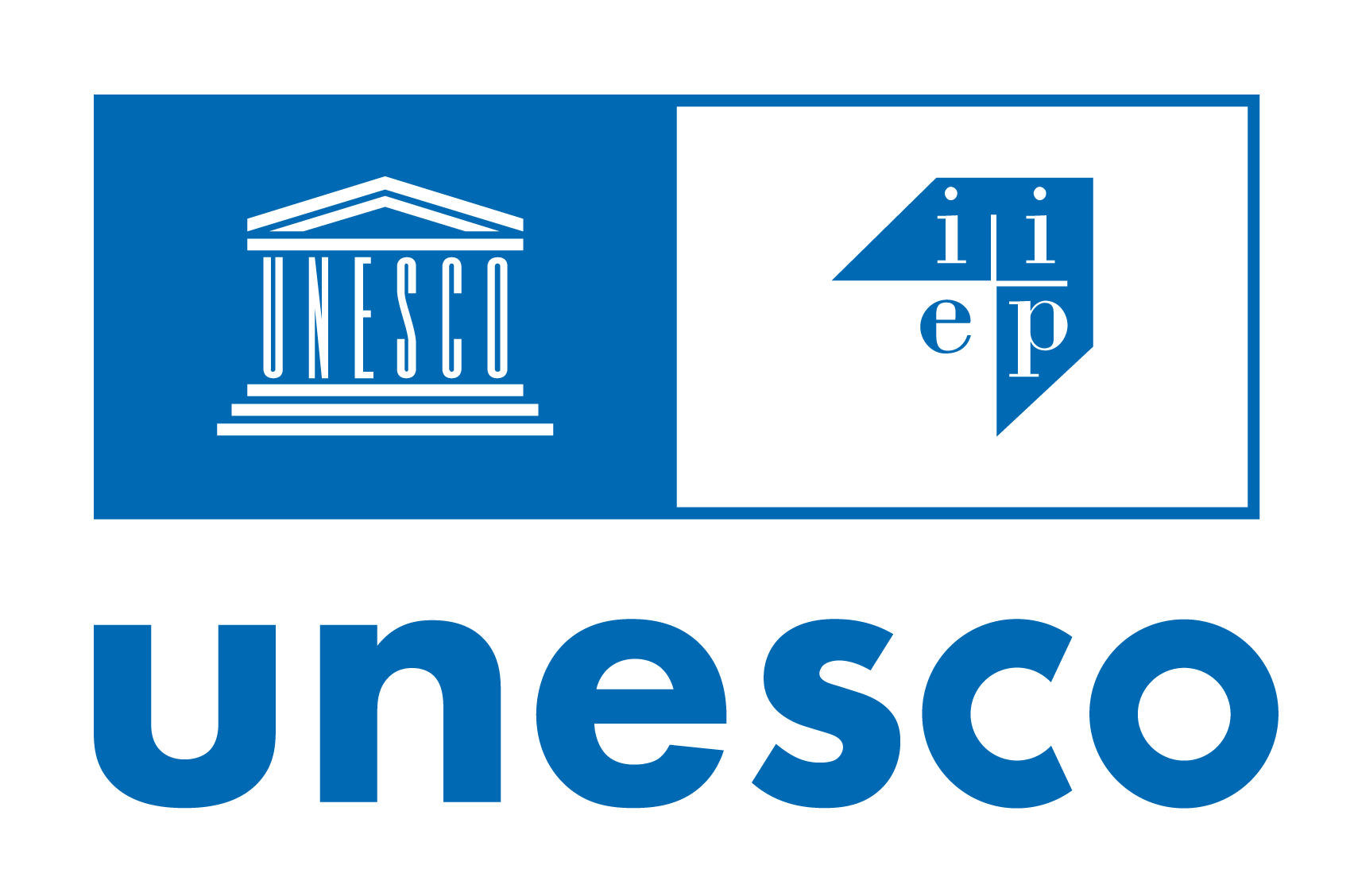Literature review: who teaches refugees?
27 March 2018.
IIEP-UNESCO and the Education Development Trust have conducted a crucial literature review on the management of teachers of refugees, examining resources that cover issues ranging from their recruitment, certification, to professional development.
Despite the important role of the teacher in refugee contexts, the review has found that there is a dearth of information on who is teaching refugees and how these teachers are managed.

